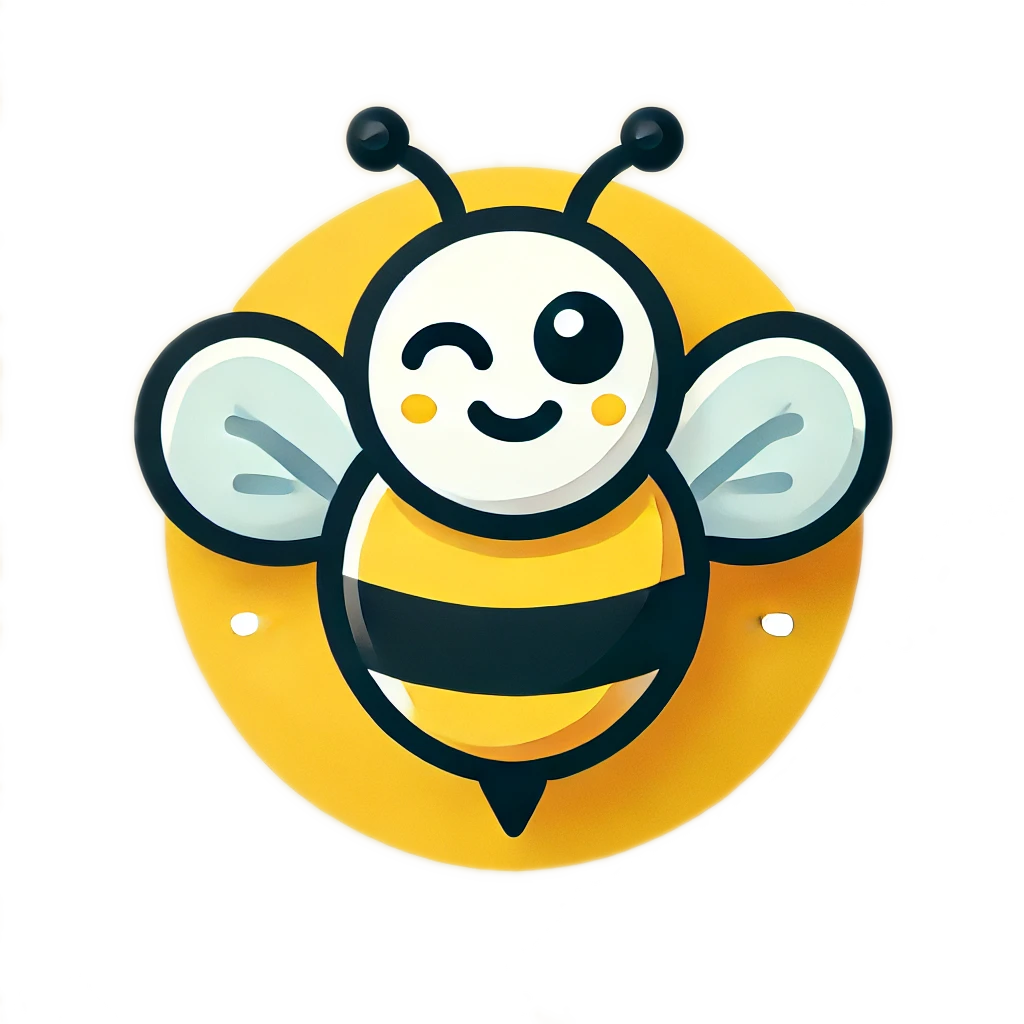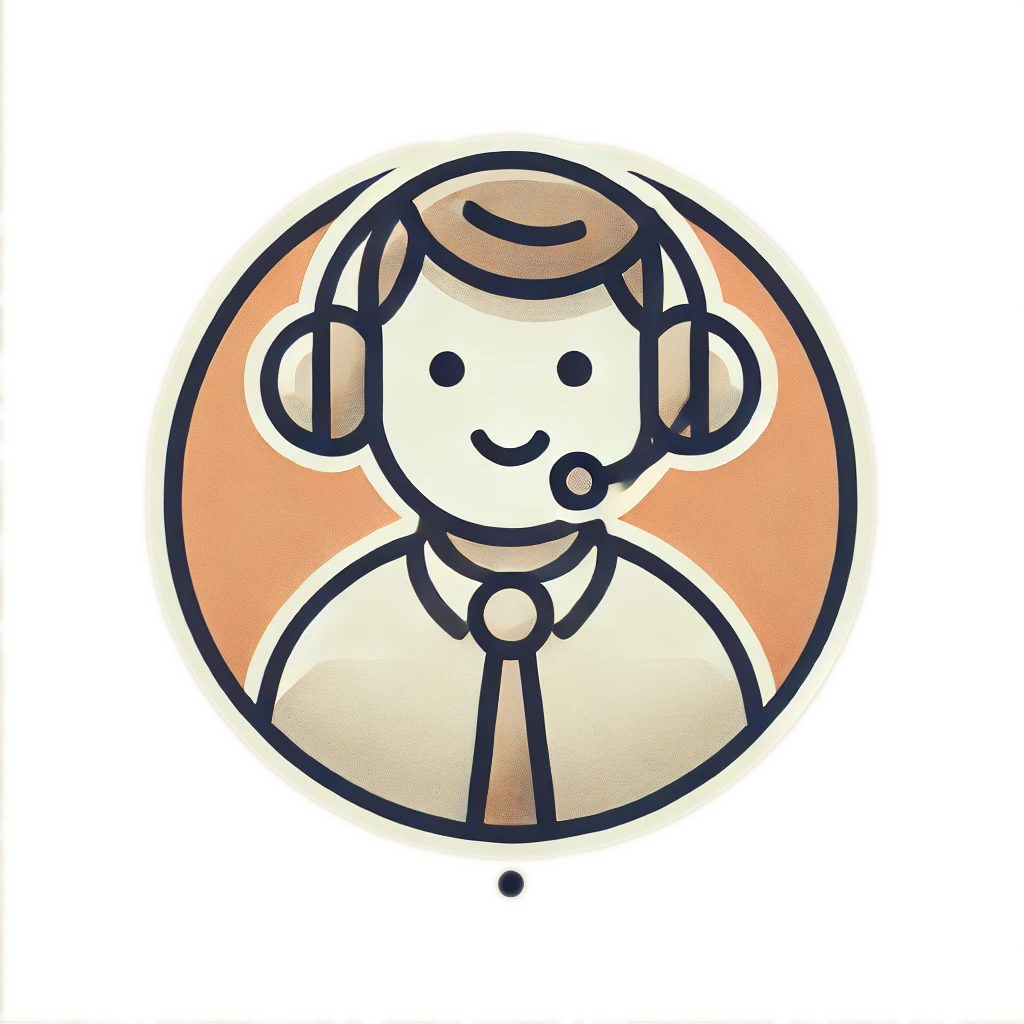※テスト問題の解答を確認するためページを下にスクロールした際、問題が見えなくなります。なるべくズームアウトし、画面全体を縮小してからご覧ください。
(1) A: Do you like to go fishing?
A: 釣りに行くのは好きですか?
B: No, I think fishing is ( ).
B: いいえ、釣りは( )だと思います。
(2) Andy lives on the sixth floor of a big building. His friend David lives in the apartment ( ) on the fifth floor.
アンディは大きなビルの6階に住んでいます。彼の友人デビッドは5階の( )のアパートに住んでいます。
(3) A: How many pens are in this box?
A: この箱には何本のペンが入っていますか?
B: I don’t know. Let’s ( ) them and find out.
B: わからない。数えてみましょう。
(4) A: You have a beautiful home, Clara.
A: クララ、あなたの家は美しいですね。
B: Thank you. My father ( ) it.
B: ありがとう。父がそれを( )しました。
(5) The football game begins at 7:00, so let’s ( ) outside the station at 6:15.
サッカーの試合は7時に始まるので、6:15に駅の外で( )しましょう。
(6) When you speak in front of many people, you must speak in a ( ) voice.
多くの人の前で話すときは、( )声で話さなければなりません。
(7) If you win the art contest, you will ( ) a prize.
アートコンテストに勝てば、賞を( )します。
(8) A: I got two tickets for the baseball game. ( ) don’t you come with me?
A: 野球の試合のチケットを2枚手に入れたよ。( )一緒に来ない?
B: Sounds great. I really want to go.
B: いいね。行きたいと思っていたんだ。
(9) I usually get up at seven o’clock and go to bed ( ) nine and ten.
私は通常7時に起き、( )9時と10時の間に寝ます。
(10) Nancy wants to save money, so she will not go ( ) to eat this week.
ナンシーはお金を節約したいので、今週は( )外食しません。
(11) We ( ) a lot of fun when my parents took us camping last weekend.
先週末、両親が私たちをキャンプに連れて行ってくれたとき、私たちはとても楽しかったです。
(12) At my school, people must ( ) off their shoes when they go into the school building.
私の学校では、校舎に入るときは靴を( )なければなりません。
(13) My brother is a musician. He is going to teach me ( ) to play the guitar.
私の兄は音楽家です。彼は私にギターの弾き方を教えてくれる予定です。
(14) If Frank ( ) his knee in today’s practice, he won’t be able to play in the soccer tournament on the weekend.
今日の練習でフランクが膝を( )すれば、週末のサッカー大会には出場できません。
(15) A: Look at the monkey ( ) a banana over there.
A: あそこにいるバナナを( )している猿を見て。
B: Oh, it’s really cute.
B: ああ、本当にかわいいね。
(16) A: I hope I do well on my final exam today.
A: 今日の期末試験がうまくいくといいな。
B: ( ) You studied hard, so you’ll do well.
B: ( )あなたは一生懸命勉強したから、うまくいくよ。
(17) A: I went to a restaurant called Mama Dell’s last night. ( )
A: 昨夜、ママ・デルズというレストランに行ったんだ。( )
B: Yes. My friend said it’s delicious.
B: はい。友達が美味しいって言っていました。
(18) A: How are you feeling today, Paul?
A: 今日の調子はどう、ポール?
B: ( ) I still have a fever.
B: ( )まだ熱があります。
(19) A: Can you take me to the park, Mom?
A: ママ、公園に連れて行ってくれる?
B: ( ) Let’s watch a movie instead.
B: ( )代わりに映画を見よう。
(20) A: Aren’t you going to Australia soon?
A: もうすぐオーストラリアに行くんじゃない?
B: Yeah. ( ) so I have to get ready this weekend.
B: そうです。( )だから、今週末に準備をしなきゃ。
本番に出る単語をたくさん勉強しましょう。下に出ていることばをクリック❕


Leave a Reply